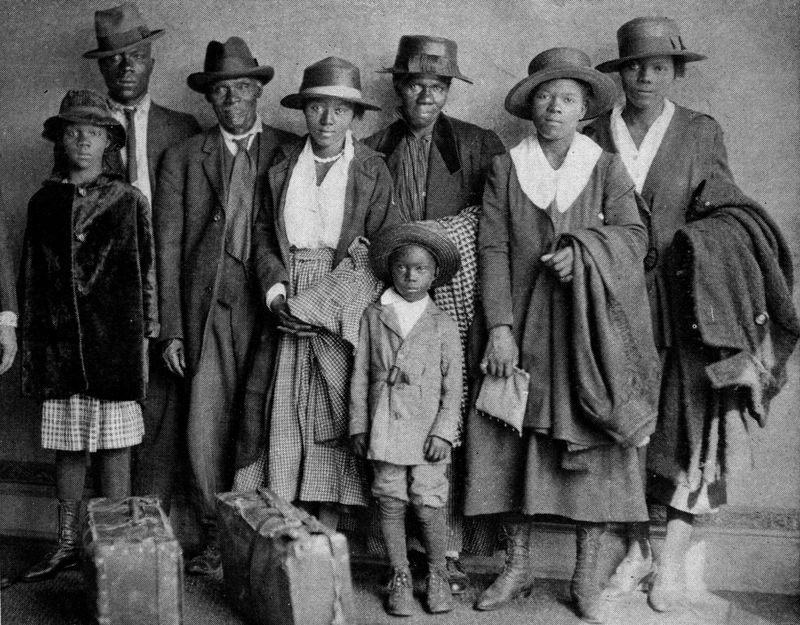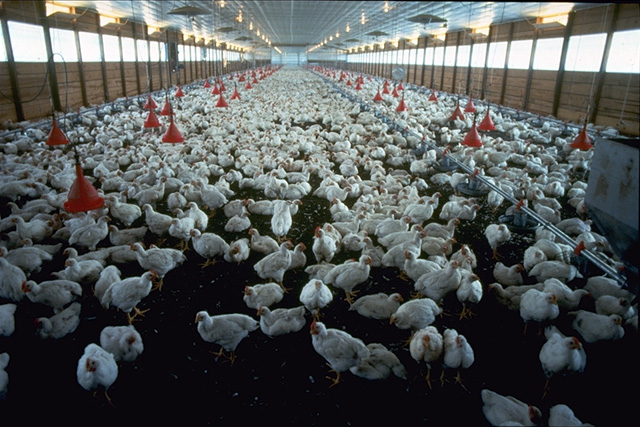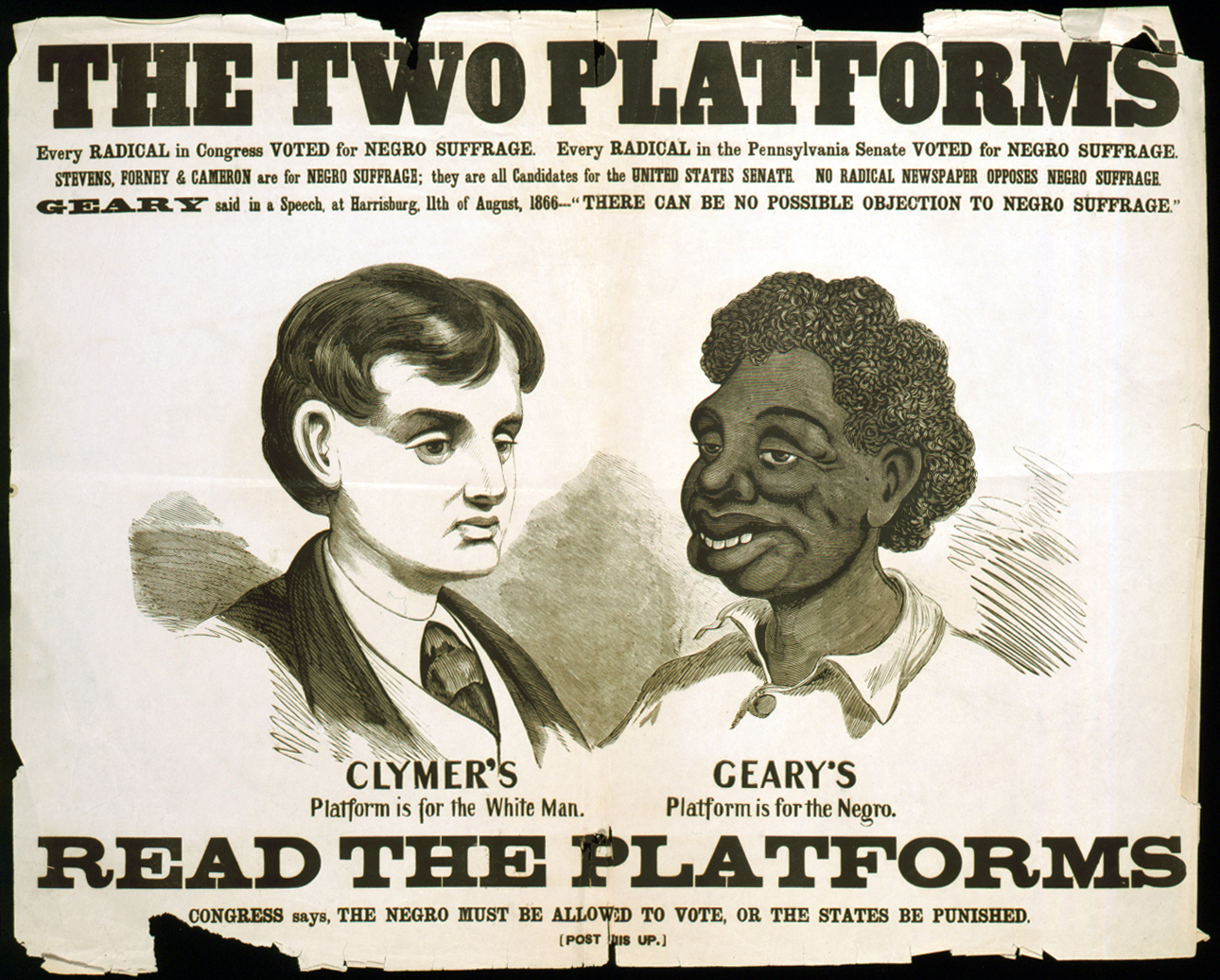|
History Of Mississippi
The history of the state of Mississippi extends back to thousands of years of indigenous peoples. Evidence of their cultures has been found largely through archeological excavations, as well as existing remains of earthwork mounds built thousands of years ago. Native American traditions were kept through oral histories; with Europeans recording the accounts of historic peoples they encountered. Since the late 20th century, there have been increased studies of the Native American tribes and reliance on their oral histories to document their cultures. Their accounts have been correlated with evidence of natural events. Initial colonization of the region was carried out by the French, though France would cede their control over portions of the region to Spain and Britain, particularly along the Gulf Coast. European-American settlers did not enter the territory in great number until the early 19th century. Some European-American settlers would bring many enslaved Africans with them ... [...More Info...] [...Related Items...] OR: [Wikipedia] [Google] [Baidu] |
Reconstruction Era
The Reconstruction era was a period in History of the United States, US history that followed the American Civil War (1861-65) and was dominated by the legal, social, and political challenges of the Abolitionism in the United States, abolition of slavery and reintegration of the former Confederate States of America, Confederate States into the United States. Reconstruction Amendments, Three amendments were added to the United States Constitution to grant citizenship and equal civil rights to the Freedmen, newly freed slaves. To circumvent these, former Confederate states imposed poll taxes and literacy tests and engaged in terrorism in the United States, terrorism to intimidate and control African Americans and discourage or prevent them from voting. Throughout the war, the Union was confronted with the issue of how to administer captured areas and handle slaves escaping to Union lines. The United States Army played a vital role in establishing a Labour economics, free lab ... [...More Info...] [...Related Items...] OR: [Wikipedia] [Google] [Baidu] |
Hurricane Katrina
Hurricane Katrina was a powerful, devastating and historic tropical cyclone that caused 1,392 fatalities and damages estimated at $125 billion in late August 2005, particularly in the city of New Orleans and its surrounding area. It is tied with Hurricane Harvey as being the List of the costliest tropical cyclones, costliest tropical cyclone in the Atlantic basin. Katrina was the twelfth tropical cyclone, the fifth hurricane, and the third major hurricane of the 2005 Atlantic hurricane season. It was also the fourth-most intense Atlantic hurricane to make landfall in the contiguous United States, gauged by barometric pressure. Katrina formed on August 23, 2005, with the merger of a tropical wave and the remnants of a tropical depression. After briefly weakening to a Tropical cyclone, tropical storm over south Florida, Katrina entered the Gulf of Mexico on August 26 and Rapid intensification, rapidly intensified to a Saffir–Simpson scale, Category 5 hurricane befo ... [...More Info...] [...Related Items...] OR: [Wikipedia] [Google] [Baidu] |
Great Migration (African American)
The Great Migration, sometimes known as the Great Northward Migration or the Black Migration, was the movement of six million African Americans out of the rural Southern United States to the urban Northeast, Midwest, and West between 1910 and 1970. It was substantially caused by poor economic and social conditions due to prevalent racial segregation and discrimination in the Southern states where Jim Crow laws were upheld. In particular, continued lynchings motivated a portion of the migrants, as African Americans searched for social reprieve. The historic change brought by the migration was amplified because the migrants, for the most part, moved to the then-largest cities in the United States (New York City, Chicago, Detroit, Los Angeles, San Francisco, Philadelphia, Cleveland, and Washington, D.C.) at a time when those cities had a central cultural, social, political, and economic influence over the United States; there, African Americans established culturally influent ... [...More Info...] [...Related Items...] OR: [Wikipedia] [Google] [Baidu] |
Corporate Farming
Corporate farming is the practice of large-scale agriculture on farms owned or greatly influenced by large companies. This includes corporate ownership of farms and the sale of Agricultural production, agricultural products, as well as the roles of these companies in influencing agricultural education, research, and public policy through funding initiatives and lobbying efforts. The definition and effects of corporate farming on agriculture are widely debated, though sources that describe large businesses in agriculture as "corporate farms" may portray them negatively. Definitions and usage The varied and fluid meanings of "corporate farming" have resulted in conflicting definitions of the term, with implications in particular for legal definitions. Legal definitions Most legal definitions of corporate farming in the United States pertain to tax laws, anti-corporate farming laws, and census data collection. These definitions mostly reference farm income, indicating farms ove ... [...More Info...] [...Related Items...] OR: [Wikipedia] [Google] [Baidu] |
Mechanization
Mechanization (or mechanisation) is the process of changing from working largely or exclusively by hand or with animals to doing that work with machinery. In an early engineering text, a machine is defined as follows: In every fields, mechanization includes the use of hand tools. In modern usage, such as in engineering or economics, mechanization implies machinery more complex than hand tools and would not include simple devices such as an ungeared horse or donkey mill. Devices that cause speed changes or changes to or from reciprocating to rotary motion, using means such as gears, pulleys or line shaft, sheaves and belts, drive shaft, shafts, Cam (mechanism), cams and Crank (mechanism), cranks, usually are considered machines. After electrification, when most small machinery was no longer hand powered, mechanization was synonymous with motorized machines. Extension of mechanization of the production process is termed as automation and it is controlled by a Feedback, closed l ... [...More Info...] [...Related Items...] OR: [Wikipedia] [Google] [Baidu] |
Holmes County, Mississippi
Holmes County is a county in the U.S. state of Mississippi; its western border is formed by the Yazoo River and the eastern border by the Big Black River. The western part of the county is within the Yazoo-Mississippi Delta. As of the 2020 census, the population was 17,000. Its county seat is Lexington. The county is named in honor of David Holmes, territorial governor and the first governor of the state of Mississippi and later United States Senator for Mississippi. Holmes County native, Edmond Favor Noel, was an attorney and state politician, elected as governor of Mississippi, serving from 1908 to 1912. Cotton was long the commodity crop; before the Civil War, its cultivation was based on slave labor and the majority of the population consisted of enslaved African Americans. Planters generally developed their properties along the riverfronts. After the war, many freedmen acquired land in the bottomlands of the Delta by clearing and selling timber to raise the purchase ... [...More Info...] [...Related Items...] OR: [Wikipedia] [Google] [Baidu] |
New Deal
The New Deal was a series of wide-reaching economic, social, and political reforms enacted by President Franklin D. Roosevelt in the United States between 1933 and 1938, in response to the Great Depression in the United States, Great Depression, which had started in 1929. Roosevelt introduced the phrase upon accepting the Democratic Party (United States), Democratic Party's presidential nomination in 1932 before winning the election in a landslide over incumbent Herbert Hoover, whose administration was viewed by many as doing too little to help those affected. Roosevelt believed that the depression was caused by inherent market instability and too little demand per the Keynesian model of economics and that massive government intervention was necessary to stabilize and rationalize the economy. During First 100 days of the Franklin D. Roosevelt presidency, Roosevelt's first hundred days in office in 1933 until 1935, he introduced what historians refer to as the "First New Deal", ... [...More Info...] [...Related Items...] OR: [Wikipedia] [Google] [Baidu] |
Sharecropping
Sharecropping is a legal arrangement in which a landowner allows a tenant (sharecropper) to use the land in return for a share of the crops produced on that land. Sharecropping is not to be conflated with tenant farming, providing the tenant a higher economic and social status. Sharecropping has a long history and there are a wide range of different situations and types of agreements that have used a form of the system. Some are governed by tradition, and others by law. The France, French ''métayage'', the Catalonia, Catalan ''masoveria'', the Castile (historical region), Castilian ''mediero'', the Slavs, Slavic ''połownictwo'' and ''izdolshchina, the Italy, Italian mezzadria'', and the Islamic economics, Islamic system of ''muzara‘a'' (المزارعة), are examples of legal systems that have supported sharecropping. Overview Under a sharecropping system, landowners provided a share of land to be worked by the sharecropper, and usually provided other necessities such as h ... [...More Info...] [...Related Items...] OR: [Wikipedia] [Google] [Baidu] |
Racial Segregation
Racial segregation is the separation of people into race (human classification), racial or other Ethnicity, ethnic groups in daily life. Segregation can involve the spatial separation of the races, and mandatory use of different institutions, such as schools and hospitals by people of different races. Specifically, it may be applied to activities such as eating in restaurants, drinking from water fountains, using public toilets, attending schools, going to movie theaters, riding buses, renting or purchasing homes, renting hotel rooms, going to supermarkets, or attending places of worship. In addition, segregation often allows close contact between members of different racial or ethnic groups in social hierarchy, hierarchical situations, such as allowing a person of one race to work as a servant for a member of another race. Racial segregation has generally been outlawed worldwide. Segregation is defined by the European Commission against Racism and Intolerance as "the act by w ... [...More Info...] [...Related Items...] OR: [Wikipedia] [Google] [Baidu] |
Disenfranchisement After The Reconstruction Era
Disfranchisement after the Reconstruction era in the United States, especially in the Southern United States, was based on a series of laws, new constitutions, and practices in the South that were deliberately used to prevent black citizens from registering to vote and voting. These measures were enacted by the former Confederate states at the turn of the 20th century. Efforts were also made in Maryland, Kentucky, and Oklahoma. Their actions were designed to thwart the objective of the Fifteenth Amendment to the United States Constitution, ratified in 1870, which prohibited states from depriving voters of their voting rights based on race. The laws were frequently written in ways to be ostensibly non-racial on paper (and thus not violate the Fifteenth Amendment), but were implemented in ways that selectively suppressed black voters apart from other voters. In the 1870s, white racists had used violence by domestic terrorism groups (such as the Ku Klux Klan), as well as fraud, to ... [...More Info...] [...Related Items...] OR: [Wikipedia] [Google] [Baidu] |








